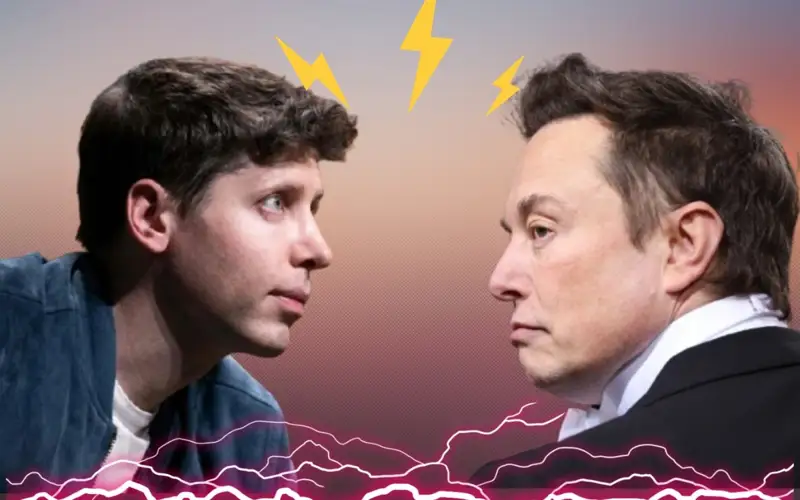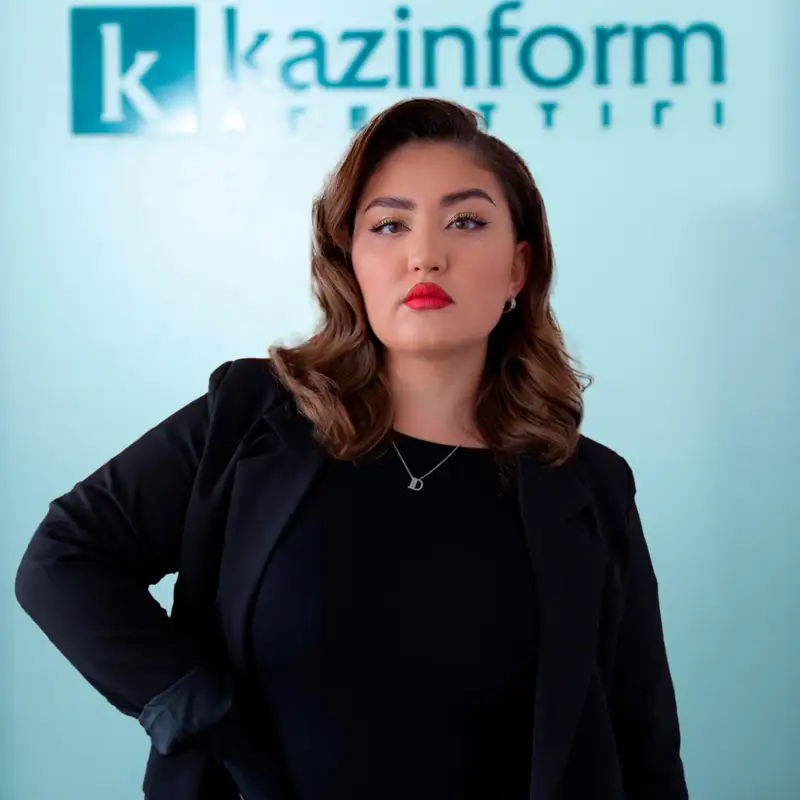Apple, OpenAI sued by xAI for alleged “monopoly” in the market
Elon Musk’s xAI has filed a 61-page lawsuit against Apple and OpenAI, alleging that their agreement unlawfully restricts competition in the artificial intelligence market and creates what it describes as a “monopoly” arrangement, Kazinform News Agency correspondent reports.

At the start, the filing argues that Apple was slow to develop AI and later came to view it as a potential threat to the iPhone’s dominance. As a result, it claims, the company now views AI as a potential challenge to the iPhone and its position in the smartphone market. It further alleges that “super apps,” such as those Musk’s companies are working on, could replace many smartphone functions and weaken Apple’s influence.
To address this risk, the complaint states, Apple partnered with OpenAI “in a desperate bid to protect its smartphone monopoly, Apple has joined forces with the company that most benefits from inhibiting competition and innovation in AI: OpenAI, a monopolist in the market for generative AI chatbots.”
The filing also describes Apple’s integration of ChatGPT into its devices while suggesting that rival systems were left out. It cites internal concerns, noting that members of Apple’s AI team described the company’s situation as being in “crisis,” and executive Eddy Cue cautioned that AI might render the iPhone obsolete within a decade, “just as the iPhone did to Nokia’s handsets.”
“As a result of Apple and OpenAI’s exclusive arrangement, ChatGPT is the only generative AI chatbot that benefits from billions of user prompts originating from hundreds of millions of iPhones. This makes it hard for competitors of ChatGPT’s generative AI chatbot and super apps powered by generative AI chatbots to scale and innovate,” the lawsuit states.
The complaint further claims that Apple protects this “monopoly” through the App Store by downgrading competitors like Grok, either by lowering their visibility in rankings or slowing approval, thus limiting market competition and reducing consumer choice. As the document states, “in a competitive market for generative AI chatbots, usage of chatbots would be determined by customer choice.”
The plaintiffs also allege that these practices are connected to the broader smartphone market. They argue that super apps, driven by AI, can combine messaging, banking, entertainment, and content creation into a single service that works across devices. In that context, the filing states, “generative AI chatbots reduce switching costs for users in the smartphone market,” potentially making it easier for customers to move away from device-specific systems like the iPhone.
The document states that Apple and OpenAI “joined forces to stifle competition in their respective markets.” It points to Apple’s June 2024 announcement of an exclusive deal to integrate ChatGPT into iOS while rejecting offers from Grok, Google, and Anthropic.
The lawsuit emphasizes that “there is no valid business reason for the Apple-OpenAI deal to be exclusive.” It argues that Apple could have gained additional revenue from supporting multiple chatbots, but instead chose a single provider, tying iPhone users to ChatGPT.
“The Apple-OpenAI arrangement has foreclosed competition among generative AI chatbots, deprived competing generative AI chatbots of scale, and reduced quality and innovation. All of these impacts have, in turn, helped OpenAI and Apple maintain their monopolies,” the complaint adds.
The filing also cites figures intended to show ChatGPT’s market share. One section notes testimony from an OpenAI executive stating the chatbot held 85% of the American market and 80-90% of the global usage. The provided data further shows that by July of this year, the ChatGPT mobile app had reportedly been downloaded 938 million times, nearly five times more than its closest competitor, with global consumer spending of $2 billion.
The lawsuit claims that xAI’s chatbot Grok has been unable to achieve the scale and investment needed to grow, consequently reducing both revenue and company value. Similarly, it states that X has been affected because Grok’s limited development impacts user engagement and revenue.
To note, Elon Musk’s xAI, launched less than two years ago and expanded recently by acquiring X for $33 billion. Its Grok chatbot was then integrated into Tesla vehicles, positioning itself as a competitor to OpenAI and China’s DeepSeek.
Earlier this month, Elon Musk accused Apple of favoring AI competitors in App Store rankings. In turn, OpenAI’s Sam Altman responded by calling the claim “remarkable” due to allegations of what Musk does “to benefit himself and his own companies and harm his competitors and people he doesn't like.”
